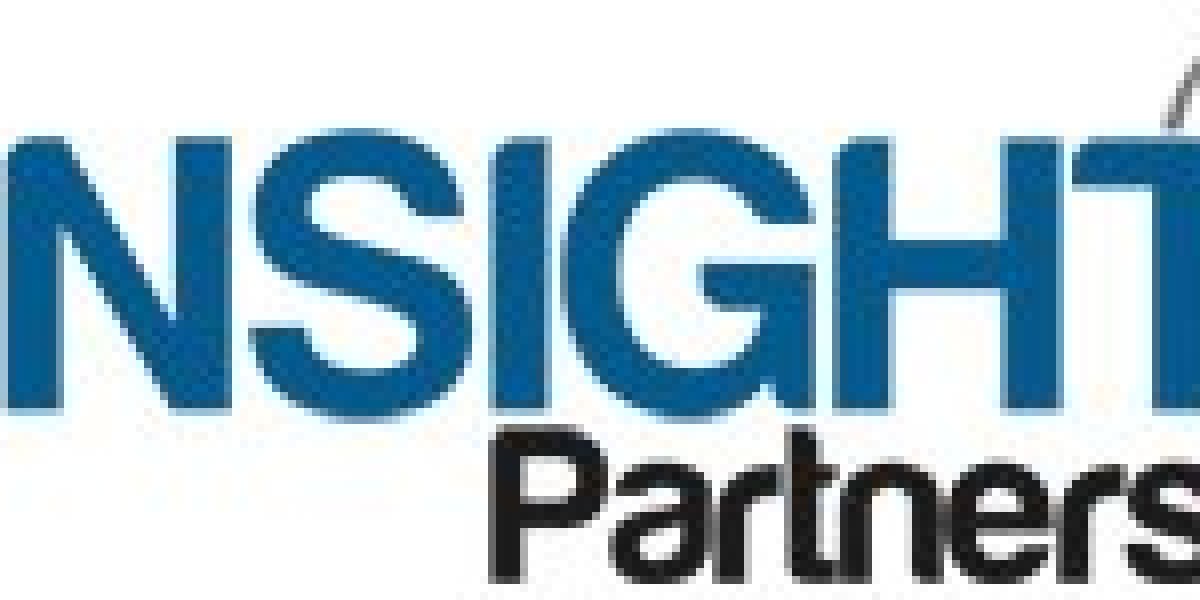The pharmaceutical sector is quickly increasing, propelled by advances in medication development and rising demand for effective therapies. As a result of this growth, there is an increased demand for skilled pharmacovigilance specialists. If you want to work in the pharmaceutical sector, taking a pharmacovigilance course can be a great first step. This article delves into how a pharmacovigilance education might help you launch a career in this flourishing industry.
Understanding Pharmacovigilance
Pharmacovigilance (PV) is an important subject in the pharmaceutical industry that focuses on recognizing, analyzing, understanding, and preventing adverse effects and other drug-related difficulties. It protects patients by monitoring medications after they hit the market. Pharmaceutical businesses must adhere to tight pharmacovigilance rules set by regulatory authorities such as the FDA (Food and Drug Administration), EMA (European Medicines Agency), and CDSCO. This makes pharmacovigilance an important function in the industry.
Why Is Pharmacovigilance Important?
- Ensures Drug Safety – Pharmacovigilance professionals track and analyze adverse drug reactions (ADRs) to enhance patient safety.
- Regulatory Compliance – Companies must adhere to global pharmacovigilance regulations to avoid penalties and maintain credibility.
- Improves Drug Development – Insights from pharmacovigilance data help refine drug formulations and enhance efficacy.
- Career Growth Opportunities – The increasing importance of drug safety creates a high demand for trained professionals in this field.
How a Pharmacovigilance Course Helps You Enter the Pharma Industry
A pharmacovigilance course provides students and professionals with the knowledge and skills required to pursue a successful career in drug safety and regulatory affairs. Here's how.
1. Comprehensive Knowledge of Drug Safety Regulations
Pharmacovigilance courses cover international drug safety rules, including guidelines from organizations such as the WHO, FDA, and EMA. Understanding these regulations is critical for ensuring compliance within the sector.
2. Hands-On Training in Adverse Event Reporting
A good pharmacovigilance course trains you to detect, analyze, and report adverse drug reactions (ADRs). This hands-on expertise is extremely helpful when applying for positions in the pharmaceutical industry.
The Best Digital Marketing Course
3. Exposure to Pharmacovigilance Databases
Pharmaceutical businesses employ specialist databases such as Argus Safety, ArisG, and VigiBase to track medication safety data. A pharmacovigilance course introduces students to these tools, making them industry-ready.
4. Enhancing Job Opportunities
Completing a pharmacovigilance course makes you eligible for various roles such as:
- Drug Safety Associate (DSA)
- Pharmacovigilance Officer
- Clinical Research Associate (CRA)
- Regulatory Affairs Specialist
- Medical Reviewer
Top Digital Marketing Training Institute
5. Career Advancement in the Pharma Industry
The demand for pharmacovigilance professionals is growing, and taking a course in this subject can help you further your career. Many people begin as Drug Safety Associates and advance to senior roles such as Pharmacovigilance Manager or Director.
Who Should Enroll in a Pharmacovigilance Course?
A pharmacovigilance course is ideal for:
- Life science graduates (B.Pharm, M.Pharm, B.Sc., M.Sc. in Biotechnology, Microbiology, etc.)
- Medical professionals (MBBS, BDS, Nursing, etc.)
- Professionals working in clinical research or regulatory affairs who want to specialize in drug safety
Conclusion
The pharmaceutical sector has numerous job options, and pharmacovigilance is one of the most promising. A pharmacovigilance course not only broadens your knowledge but also improves your employability in a competitive work market. If you want to work in the rapidly expanding pharmaceutical business, taking a pharmacovigilance course is a sensible idea. It leads to a fulfilling career in drug safety, regulatory compliance, and clinical research, with a promising professional future.


